Por: Zama Coursen-Neff
Xarid estaba tan decidido a ir a la escuela que, durante todo el tiempo que pudo, se atrevió a enfrentar los peligros que se viven a diario en las calles de Mogadiscio, la capital de Somalia. Pero todo cambió el día en que el grupo insurgente islamista Al-Shabaab trajo la guerra a su aula.
«Al-Shabaab entró al predio de la escuela y nos dijo que nos quedáramos en la clase», me contó en un campamento de refugiados al otro lado de la frontera, en Kenia. Los combatientes montaron un lanzacohetes en el patio y comenzaron a disparar proyectiles en dirección al territorio controlado por el Gobierno. Durante más de dos horas, alumnos y docentes permanecieron encerrados en el aula, totalmente aterrorizados. Finalmente los combatientes de Al-Shabaab les permitieron irse, pero mientras los alumnos intentaban huir, el edificio fue alcanzado por un proyectil que, al detonarse, mató a ocho personas.
Es común que Al-Shabaab use escuelas en las zonas que controla. Algunos estudiantes me dijeron que el grupo había izado su bandera en el techo de las escuelas y guardaba granadas de mano y armas dentro de los edificios, mientras aún se estaban dictando clases. Varios jóvenes somalíes me contaron que Al-Shabaab se había llevado por la fuerza a niños del patio de su escuela para que combatieran con ellos, y también a niñas de las aulas para obligarlas a contraer matrimonio.
Lamentablemente, lo ocurrido en Mogadiscio no es un ejemplo aislado. Desde 2009, en al menos treinta países numerosas escuelas han sido atacadas u ocupadas y usadas para fines militares. Pero no debería ser así.
El 28 y 29 de marzo, Argentina será sede de una conferencia internacional sobre la protección de estudiantes, docentes, escuelas y universidades durante conflictos armados. El eje de esa conferencia será la Declaración sobre Escuelas Seguras, un compromiso internacional que se redactó como resultado de una iniciativa encabezada por Argentina y Noruega en 2015.
Los países que suscriben la Declaración sobre Escuelas Seguras no sólo se comprometen a restablecer más rápidamente el acceso a la educación cuando las escuelas sean atacadas, sino que además aceptan trabajar para que sea menos probable que se ataque a estudiantes, docentes y escuelas. Procuran disuadir estos ataques asumiendo el compromiso de investigar y juzgar crímenes de guerra en los cuales estén afectadas escuelas. Y aceptan reducir al mínimo el uso de escuelas para fines militares, como cuarteles o bases, para evitar convertirlas en blanco de ataques.
Tal vez lo más importante es que la declaración contribuye a formar una comunidad internacional dispuesta a respetar el carácter civil de las escuelas y formular e intercambiar ejemplos de mejores prácticas para proteger a escuelas de ataques y del uso militar.
Hasta la fecha, 59 países han adherido a la Declaración sobre Escuelas Seguras, incluidos nueve países latinoamericanos. Si bien este es un comienzo prometedor, aún hay mucho trabajo por delante.
América Latina ha tradicionalmente liderado acciones internacionales para proteger a los niños. Fue la primera región donde todos los países firmaron la Convención sobre los Derechos del Niño, el principal tratado internacional que consagra los derechos humanos universales de los niños. Fue también la primera región que suscribió con alcance universal el tratado que prohíbe el uso de niños soldados.
A menos de un mes de la conferencia sobre escuelas seguras, proponemos un desafío: hagamos que América Latina sea la primera región que adopte la Declaración sobre Escuelas Seguras. El Gobierno argentino, como anfitrión del evento, debe jugar un papel importante, empleando acciones diplomáticas y de asesoramiento para convencer a los Gobiernos de Bolivia, Colombia, Cuba, República Dominicana, El Salvador, Guatemala, México, Nicaragua, Perú y Venezuela, que aún deben suscribir la declaración. Los demás países que ya han adherido a la declaración —Brasil, Chile, Costa Rica, Ecuador, Honduras, Panamá, Paraguay y Uruguay— deberían apoyar a Argentina y alentar a los demás a sumarse.
Sin duda, todos los actores que trabajan para mejorar la protección de niños, incluidos los organismos de las Naciones Unidas, organizaciones internacionales y organizaciones no gubernamentales, acompañarán los esfuerzos para conseguir que más países firmen la declaración. Aunque no sucederá de un momento a otro, la meta de un mundo seguro en el que los niños puedan ir a la escuela, dondequiera que vivan, sin duda hace que el esfuerzo valga la pena.
Fuente: https://www.hrw.org/es/news/2017/03/08/un-desafio-para-proteger-las-escuelas-en-tiempos-de-guerra

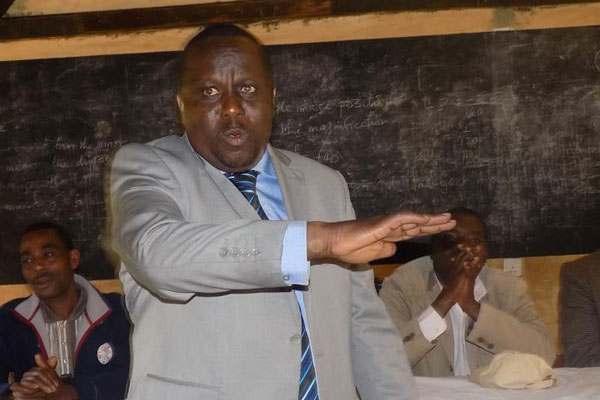
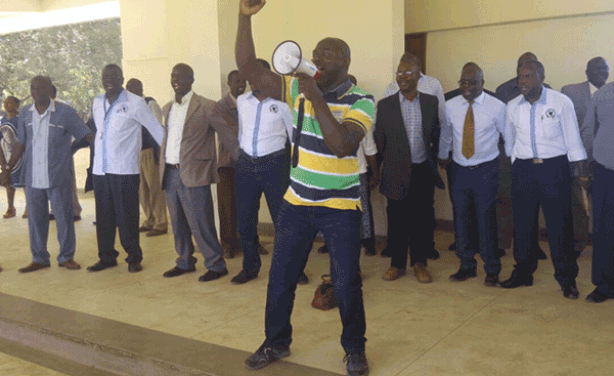
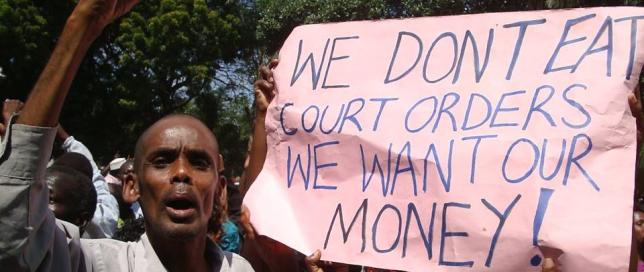
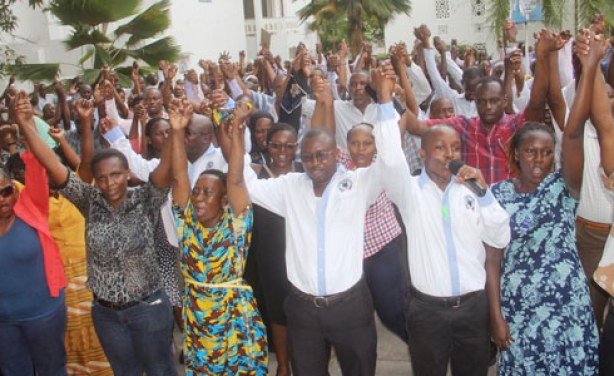
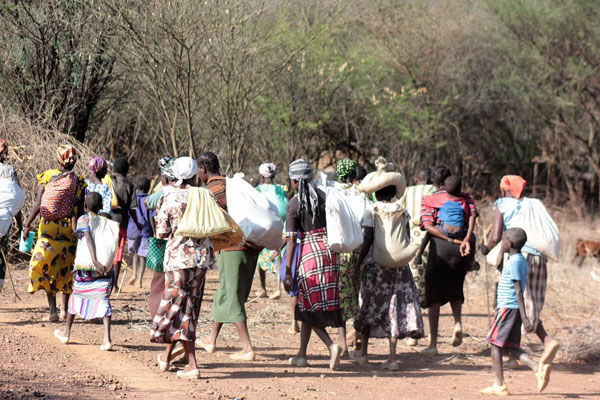
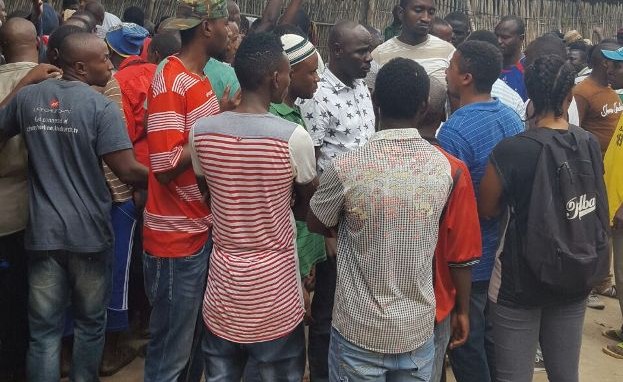





 Users Today : 104
Users Today : 104 Total Users : 35403077
Total Users : 35403077 Views Today : 118
Views Today : 118 Total views : 3332291
Total views : 3332291